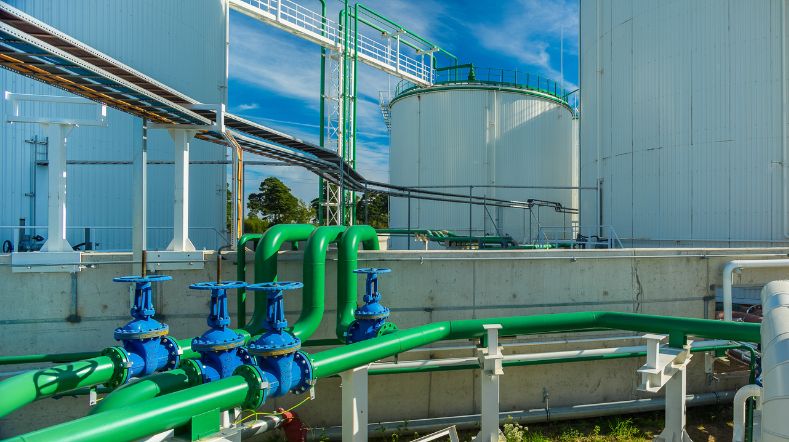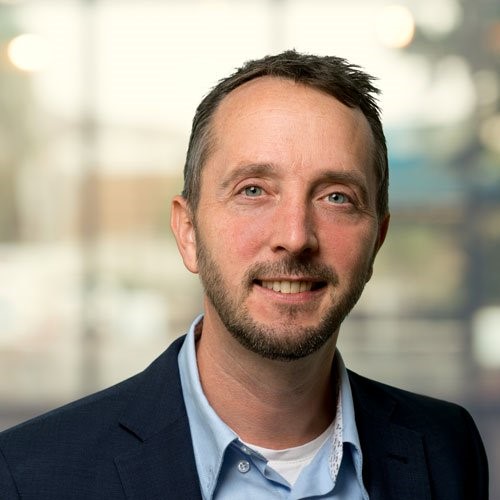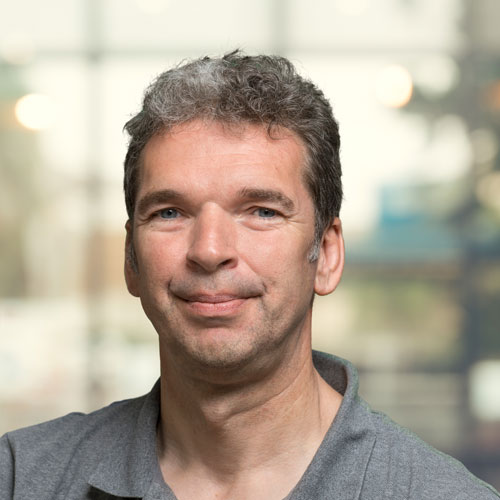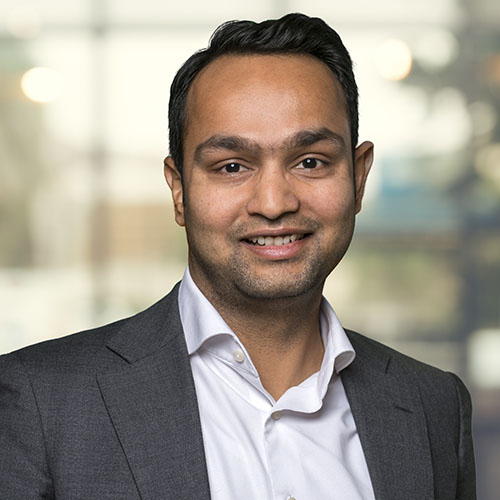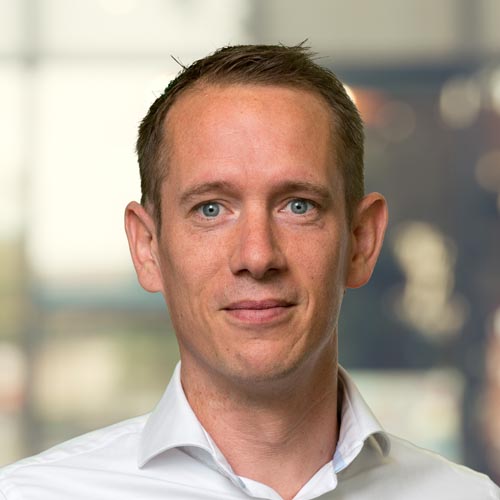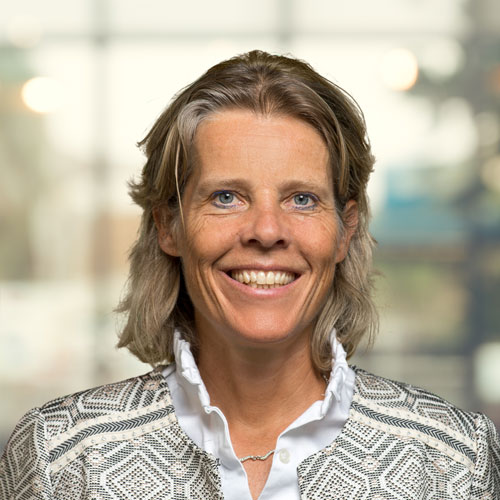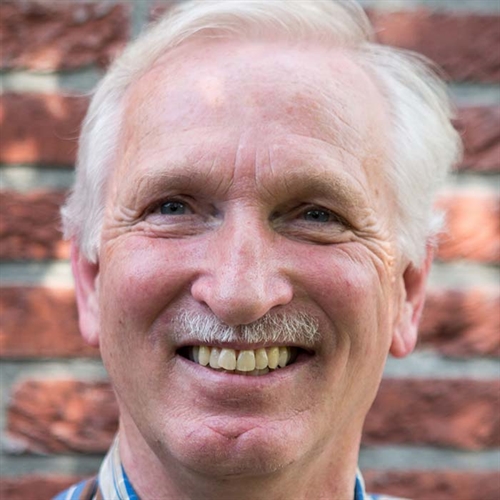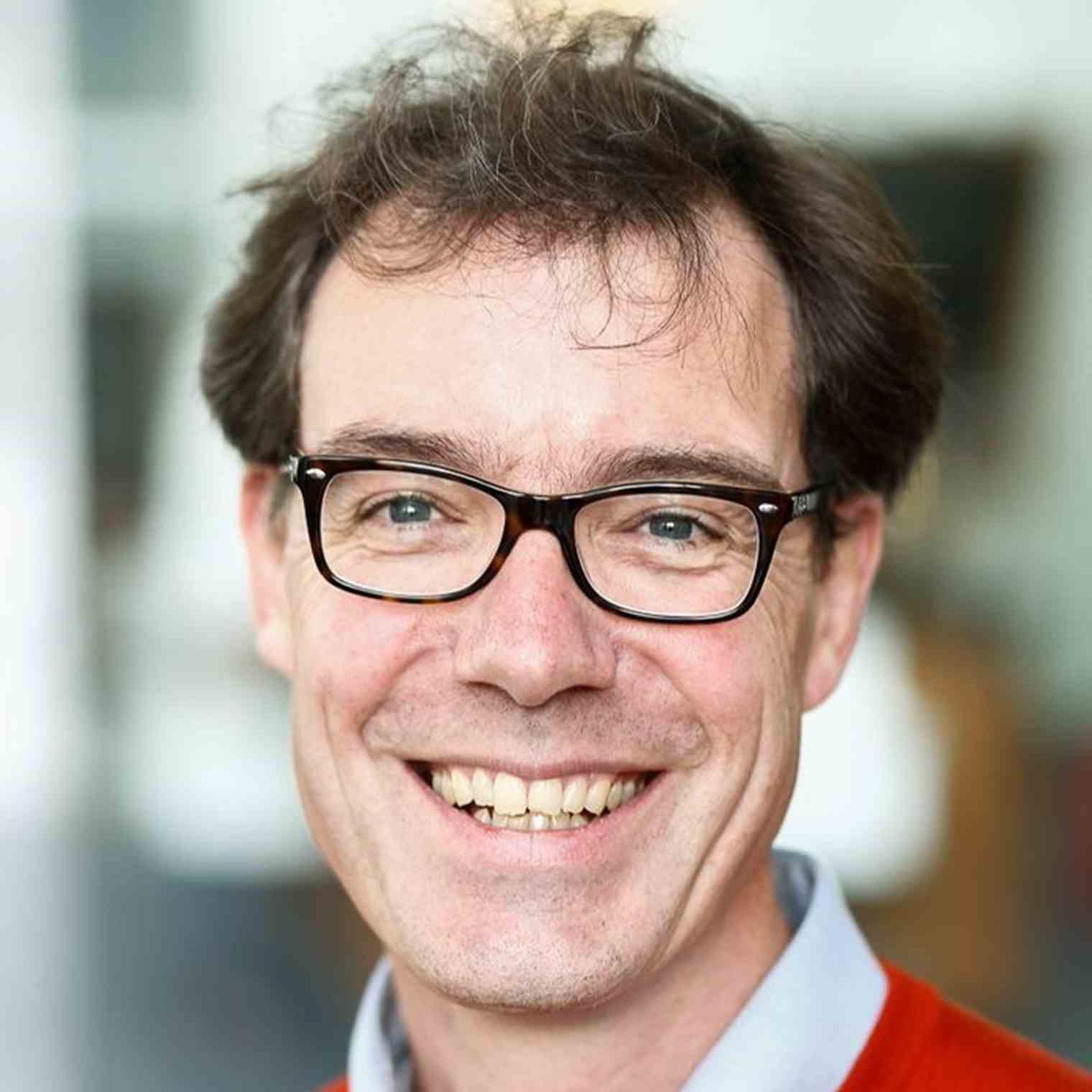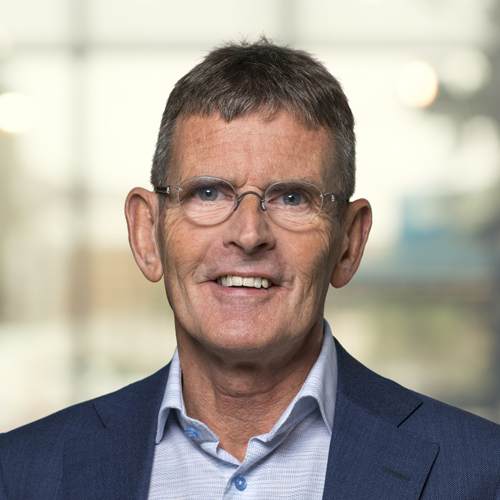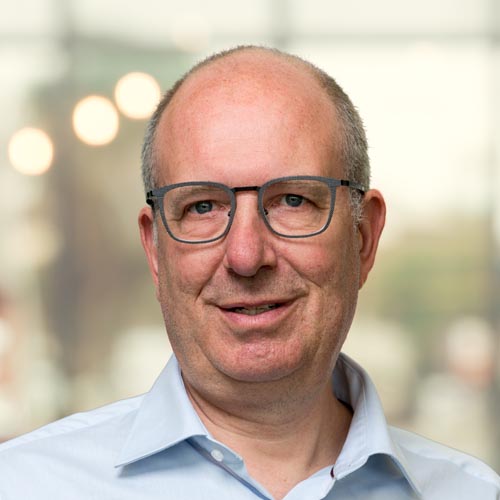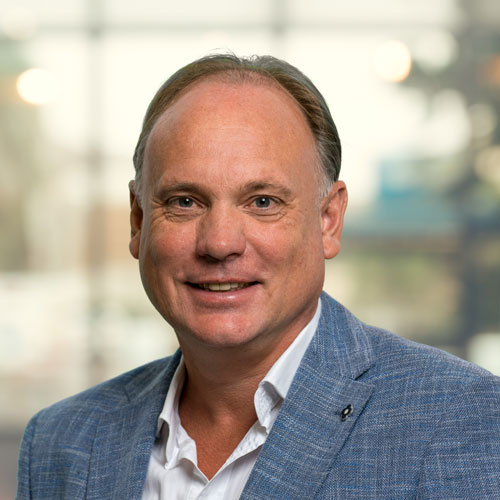
Industrial energy transition: making energy and raw materials sustainable
Industry has a major role to play in achieving the climate goals by 2050. To become fully sustainable, two things are inseparable: the use of renewable energy and the reuse of raw materials. The processing and chemical industries in particular face the task of continuing to produce useful products in the future, but in a fully sustainable way. TNO supports them with expertise regarding technologies, circularity, business models, legislation and regulations in customized TNO Green Prints.
More than energy transition
'Energy transition rightly receives a lot of attention, but it is only part of the story,’ says Martijn de Graaff, Industrial Transformation cluster manager at TNO. Take the manufacture of solar panels or wind turbines. You need raw materials, and soon these will have to be sustainable. But it also requires energy and that must come from renewable sources. In other words, without renewable energy, there can be no sustainable raw materials and vice versa. If you have sustainable energy but no sustainable raw materials, you cannot make a sustainable product. Everything is interconnected and the big challenge we face is to ensure that industry can continue to make products, but without releasing harmful substances.’
"Without renewable energy, there can be no sustainable raw materials and vice versa."
Transition of energy and raw materials
The energy transition is already highly complex and far-reaching, but in combination with the raw materials transition, it becomes even more complex. This is precisely why TNO is dedicating itself wholeheartedly to this challenge.
'We offer companies what we call Green Prints rather than blue prints. All our areas of expertise come together here and collaborate intensively. Industry is facing extremely complex long-term decisions. As a society, we will continue to need its products: food, medicines, building materials, electronics, vehicles, you name it. But the step from fossil fuels to renewables is a huge one. Traditionally, industry has been used to working in a linear way, based on oil, gas and coal. Their current operations and infrastructure are all based on this. Now, industry needs to go a lot further than simply greening its energy consumption.’
Decarbonize energy and recarbonize raw materials
Decarbonising energy and recarbonising raw materials is, in short, the task they’re up against. Biomass, recycled plastics, CO2, clean gases and water for green hydrogen form the basis for sustainable raw materials. Switching to these is inevitable due to the climate agreements and upcoming regulations.
Martijn says: ‘It’s much easier to transform your current electricity consumption to green, than it is to change your raw materials consumption. We are talking about new technologies, production processes, infrastructure, new value chains. But, in fact, there is no other choice. Industry has to deal with a society and governments that want things to be different. 2030 is only eight years away, and 2050 less than thirty. If you know that companies make long-term investment decisions for many years ahead, then these choices are needed quickly.’
"If you know that companies make long-term investment decisions for many years ahead, then these choices are needed quickly."
Biofuels or green hydrogen?
TNO has traditionally held a strong knowledge position in the field of sustainable energy and the reuse of raw materials. National and international networks have been built with companies, research institutions and governments. This makes TNO ideally positioned to advise and support these parties in taking complex decisions.
'Companies want to know what to invest in for the longer term. Biofuels? Hydrogen? A combination? Other routes? These choices are already difficult enough, but as a business you are connected to the companies in your value chain that need to move in the same direction. Otherwise, you will be unable to obtain the renewable raw materials, or you will not have renewable energy for your factory. There are many uncertainties: the availability and supply of raw materials and sustainable energy, changing laws and regulations, and will there be a market demand for my products in the future?’
Cooperation and knowledge exchange
To answer the many questions from industry, TNO has set up an industry transformation platform with the Belgian research organisation VITO and the German DECHEMA. The so-called ARRRA cluster (Antwerp-Rotterdam-Rhine-Ruhr Area) involves major infrastructure and produces almost half of the EU's petrochemicals. By looking at this as a coherent whole, there is much to learn. TNO focuses on such large industrial clusters, for example in our country Rotterdam-Moerdijk, North Sea Canal area, Zeeland/West Brabant and Chemelot in South Limburg. Here, TNO analyses current activities and what the requirements will be in the near future to make the industry more sustainable. Cooperation and knowledge exchange are the key words.
"Companies know the value chain they operate in, but this is going to change irreversibly."
Crossovers
Martijn explains: ‘Companies know the value chain they operate in, but this is going to change irreversibly. There will be other players from other sectors that will claim their role. Your business will change. Completely different relationships will emerge. Because TNO is active across a wide range of companies, sectors and clusters, we see and understand the crossovers that arise or need to be established. Add to this our knowledge of all the relevant technologies and their combinations that can play a vital role here. And we link these to business models for the chain. Based on the large amount of data and the models we have available, we make analyses, feasibility studies and scenarios in which we work out options for the future.’
Knowledge base
TNO plays a major role in various European projects aimed at making industry more sustainable. In Hubs for circularity we examine the options for circularity in the various regional clusters in Europe.
In HY3 TNO and its partners investigated the potential value chains for connecting offshore hydrogen production off the Dutch and German coasts with industrial clusters in both countries. This will be further elaborated on in the follow-up project HY3+. Together with the Netherlands Environmental Assessment Agency (Planbureau voor de Leefomgeving), the MIDDEN database was built, a knowledge base for the transition of industry. This contains a wealth of information on all industrial clusters and production processes in our country. MIDDEN (Manufacturing Industry Decarbonisation Data Exchange Network) was created in cooperation with universities, ministries, industry organisations, CBS and RVO.
TNO Green Print
TNO launches The Green Print: A blueprint for a radical greening of your value chain in the industry sector. Customized: From calculation models that lead to new government policy to a specific CO2 capture solution for a chemical company. All available knowledge, experience and innovations are processed in a TNO Green Print into a specific solution. In this way you can contribute to the acceleration of a clean industry in 2050.
Get inspired
The North Sea as Europe's energy heart requires smart choices
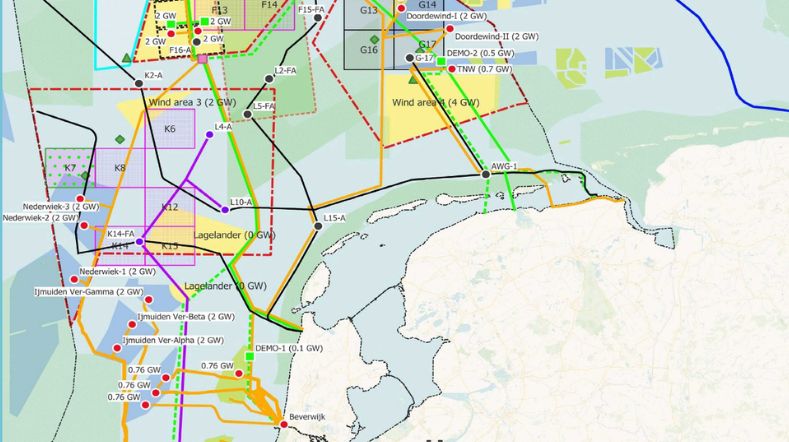

Tomorrow’s hydrogen production and infrastructure: building towards a secure and robust energy system

World Hydrogen Summit 2025
Scaling-up electrochemical technologies for renewable ethylene production
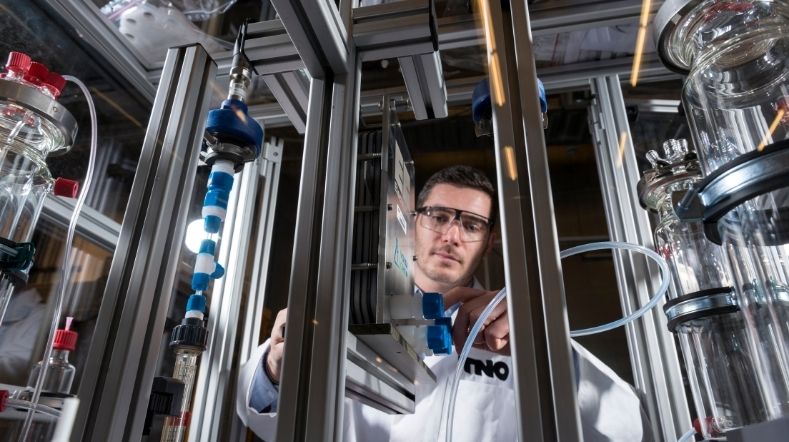

CO2 infrastructure and transport
